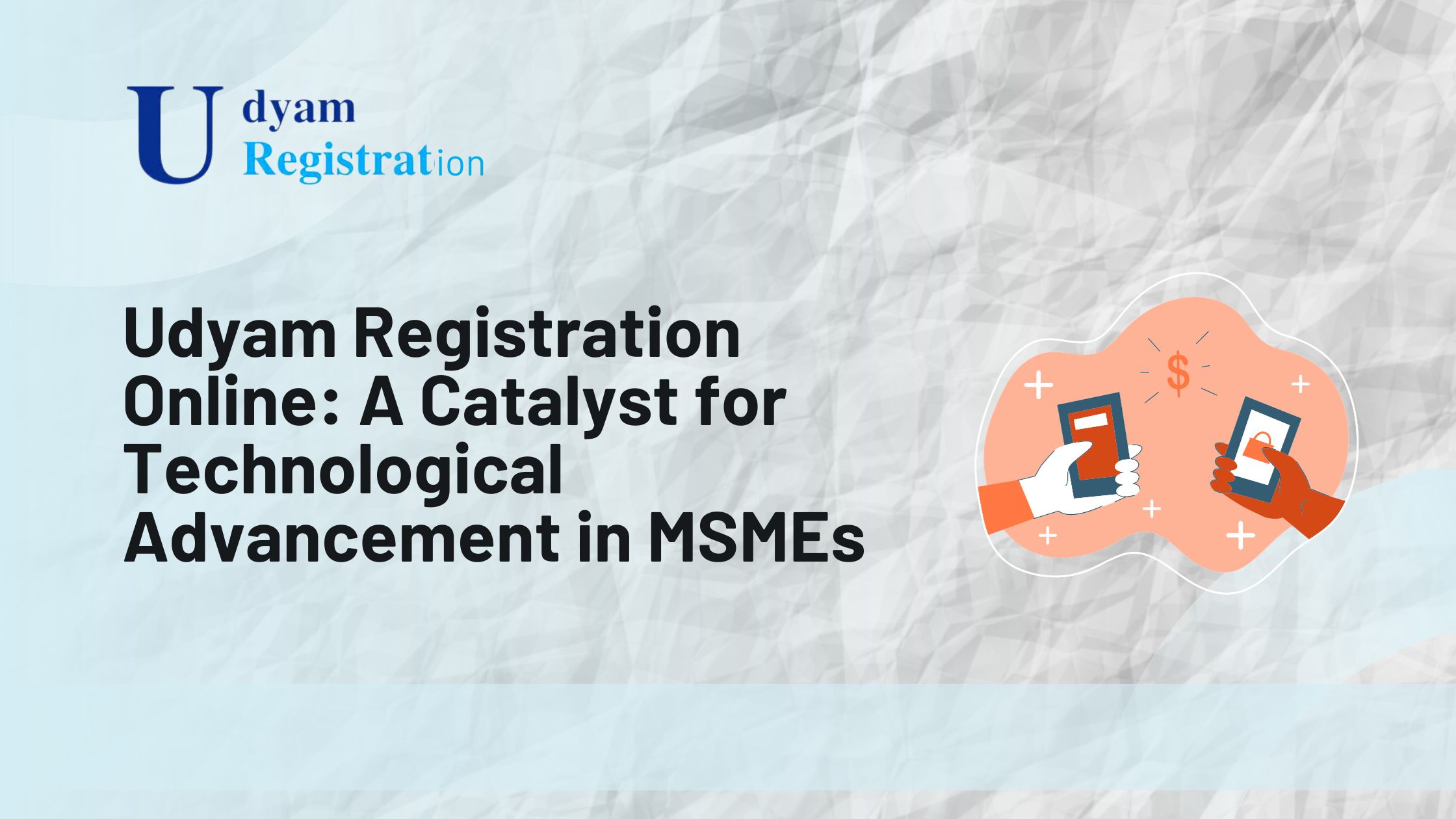Introduction: IP Prism’s marketplace offers a solution to the problem of stale patents.
The problem of stale patents is a global issue. Patent applications are often filed by small and medium sized businesses, which means that applications can be held up for years at a time before they are reviewed and granted. The resulting delay in the development of new products and services can be costly to these companies.
To solve this problem, US-based patent application startup IP Prism has created its marketplace for selling expired patents, which enables small and medium sized companies to sell their expired patents to any other company or business that requires them.
The marketplace works by using artificial intelligence (AI) to identify tendrils of a patent’s reach into new markets (i.e., if a company that is selling a product has been using it in another market) and assessing whether or not the patent should canceled or renewed as part of the company’s portfolio. In this way, IpPrism helps companies like Apple avoid licensing older technologies because it can easily identify trends in use and shed its old patented technologies whenever it does not have any use for them.
What is the problem with stale patents?
Patents are a business problem, a legal problem. And one that is hard to solve: there is no universally-agreed solution. Patents are a potential source of revenue but also one of the most powerful tools for the big players in a market. Their survival depends on their ability to attract and keep customers, and their ability to protect their business models from competitors.
But patents aren’t static things; they can expire (or rather, sunset) at various points in time and become available for others to acquire. This means that certain patents may never use by anyone again; they become deadweight losses. This is why patent reform is so important — the current system makes it difficult for startups to evaluate whether or not patents will be useful assets in their portfolio.
How does IP Prism’s marketplace solve the problem of stale patents?
IP Prism is a multi-institutional startup, based in Silicon Valley and founded in 2012 by former Yahoo and Motorola employees. The company’s mission is to apply artificial intelligence (AI) to the patent ecosystem and to help innovators choose which patents to license.
The algorithm that powers IP Prism’s marketplace lets you see which patents use and expire. Whether they’re among the most valuable or not. You can see how long those patents have been in use. So you can evaluate if the impact of their expiration is likely to be positive. You can even find out if a particular patent has expired for too long (a problem known as a “stale patent”).
IP Prism makes it easy for users to optimize their portfolios by identifying. Which patents are no longer worth it, but at the same time, we support users from several industry verticals (such as the internet of things). Who wants to prune their portfolios of old, irrelevant patents?
For IP Prism’s marketplace model though, the technology behind the scoring is what really matters. By using neural networks and machine learning algorithms. Which we have developed internally. We’re able to do something that had been impossible before: speed up what would otherwise be an expensive process of matching up patents on a case-by-case basis. We’ve also built tools that make. So easy for users who just want access our system rather than ownership or licensing rights over those patents themselves. All of these things contribute to IP prism’s mission. It helps innovators prune their patent portfolios quickly and easily while paying no fees at all!
How does AI-based scoring facilitate strategic portfolio pruning?
Patents are a good way for companies to protect their intellectual property and protect against competitors. But how does this work in practice? There are many approaches to implementing AI-based patent scoring, from a handful of companies such as Intellectual Ventures, Patent Busters, and IP Prism.
IP Prism’s is one of the most interesting of these. The company was founded in 2016 by five former Google employees and launched the marketplace last year. It provides patent scoring technology that can help assess which patents should be eligible for expiring through strategic pruning.
What are the benefits of strategic pruning?
In order to support portfolio pruning, a company must have a well-defined set of assets (patents, licenses, and IP rights). That it cannot afford to lose or have expired. And if that asset is not in widespread use, then it must be time-limited and priced so that the cost of expiring it does not outweigh its value.
More recently, Uber was criticized by competitors like Lyft and Sidecar over their own increasingly valuable patent portfolios. Which they felt were use as shelter against rivals. The problem with this kind of accusation is that it gives an ideological target instead of a concrete problem. When your existing technology is copy because there are no legal or technological barriers preventing. It from happening, then you should probably just stop doing something you are good at doing..
The question here isn’t whether you should be using your patent rights as a shield against other companies. Who could copy your technology — but rather how you can best use them in today’s market landscape. A new way of looking at this question can find in how the current value chain works. Rather than trying to protect your inventions against encroachment from others (which will itself ultimately fail) or trying to create a new market for your products/services (which may end up limiting what you can do), what if you instead focused on finding ways to reduce the number of patents on file?
How does the marketplace support easily capitalizing on patents being shed from a portfolio?
It’s important to note that the marketplace is not a silver bullet, but rather a tool. It provides a mechanism for eliminating patents from the critical path of acquisition, but it’s not foolproof. There are many different types of companies (e.g., high growth startups or mid-size enterprises), and the tool is not going to work for all of them.
Conclusion: IP Prism’s marketplace is a valuable tool for managing patents.
IP Prism’s marketplace is a valuable tool for managing patents. It is design as a tool to help companies decide which patents to keep, and which to let expire. However, it also could use as a strategic weapon against other patent holders. In particular, it enables companies to target those who have not paid their licensing fees.
In response, some innovative companies have created “platform cooperatives”. Which act as intermediaries between providers of technology and users of that technology. These platforms can offer a variety services, ranging from helping users find software that meets their needs (e-book delivery services). Helping them set up new systems (cloud computing), or even creating custom software for them (software development outsourcing). These platforms typically charge a fee for each service they provide, but typically do so by passing on a portion of those fees to non-paying subscribers who use these services regularly.
A key feature of these platforms is the use of artificial intelligence (AI) technologies. Such as machine learning algorithms and deep neural networks in order to evaluate potential services offered by each platform and determine how much value each would add to the user’s daily life experience. The result is that users with certain needs can persuade them into paying money rather than waiting months or years. While trying out different offerings from various vendors before finding something they like enough to pay for.
This approach has been successfully implemented by several platforms including IP Prism’s marketplace. DigitalOcean’s cloud computing or PaaS platform. However, they have largely focused on software applications rather than hardware products such as smartphones or tablets. Because most software applications are sold over-the-counter under an open source license rather than through proprietary channels. Such as resellers or distributors who usually require payment upfront before being allowed to sell any product. This means that there are no immediate revenue streams available for any company selling such software directly without additional investment into marketing efforts (though some mobile phone manufacturers have made significant
For more information click Here









